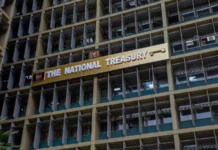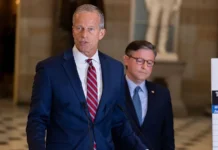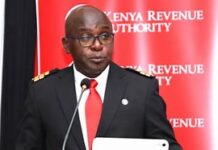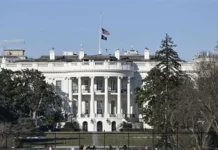Financial experts are warning that the government’s plan to borrow Ksh 635.5 billion from the domestic market to fund the 2025/2026 budget could adversely impact credit availability and raise the cost of borrowing in the country.
According to analysts from PricewaterhouseCoopers (PwC) in their post-budget analysis, such a heavy reliance on domestic borrowing could crowd out the private sector and individual borrowers by tightening liquidity and pushing up interest rates.
“The scale of the proposed borrowing risks pushing up the cost of credit as the government competes directly with the private sector in the domestic financial market,” PwC noted.
The budget estimates, presented by the National Treasury, outline total expenditures of Ksh 4.29 trillion, with Ksh 3.13 trillion allocated to recurrent spending, the largest share of the budget. In contrast, total projected revenue, including Appropriation-in-Aid (AIA) and grants, is expected to reach Ksh 3.32 trillion.
This leaves a fiscal deficit of Ksh 923.2 billion, to be financed through Ksh 287.7 billion in net external borrowing and the remaining Ksh 635.5 billion through domestic sources.
To address fiscal pressures without further burdening taxpayers, the Treasury has emphasized tax rationalization and compliance reforms rather than introducing significant new taxes. The approach focuses on enhancing efficiency within the current tax framework, closing revenue leakages, and adjusting incentives to promote economic growth.
“The goal is to optimize the tax system, not to impose new burdens. Our priority is improving compliance and plugging gaps,” the Treasury said in a statement.
However, experts caution that if tax collection falls short of targets, the government may increase domestic borrowing even further, intensifying pressure on the financial markets and potentially undermining private sector investment.
The coming months will be critical in determining whether the balance between fiscal consolidation and economic stimulus can be maintained without stifling access to credit or slowing down growth.
Written By Rodney Mbua



















